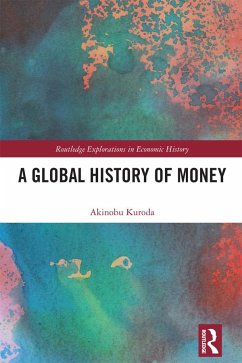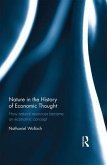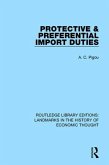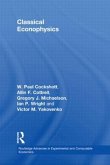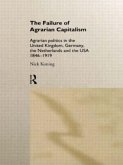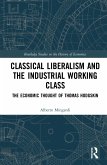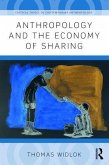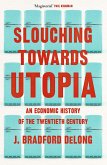Looking from the 11th century to the 20th century, Kuroda explores how money was used and how currencies evolved in transactions within local communities and in broader trade networks. The discussion covers Asia, Europe and Africa and highlights an impressive global interconnectedness in the pre-modern era as well as the modern age. Drawing on a remarkable range of primary and secondary sources, Kuroda reveals that cash transactions were not confined to dealings between people occupying different roles in the division of labour (for example shopkeepers and farmers), rather that peasants were in fact great users of cash, even in transactions between themselves. The book presents a new categorization framework for aligning exchange transactions with money usage choices. This fascinating monograph will be of great interest to advanced students and researchers of economic history, financial history, global history and monetary studies.
Hinweis: Dieser Artikel kann nur an eine deutsche Lieferadresse ausgeliefert werden.
Hinweis: Dieser Artikel kann nur an eine deutsche Lieferadresse ausgeliefert werden.

